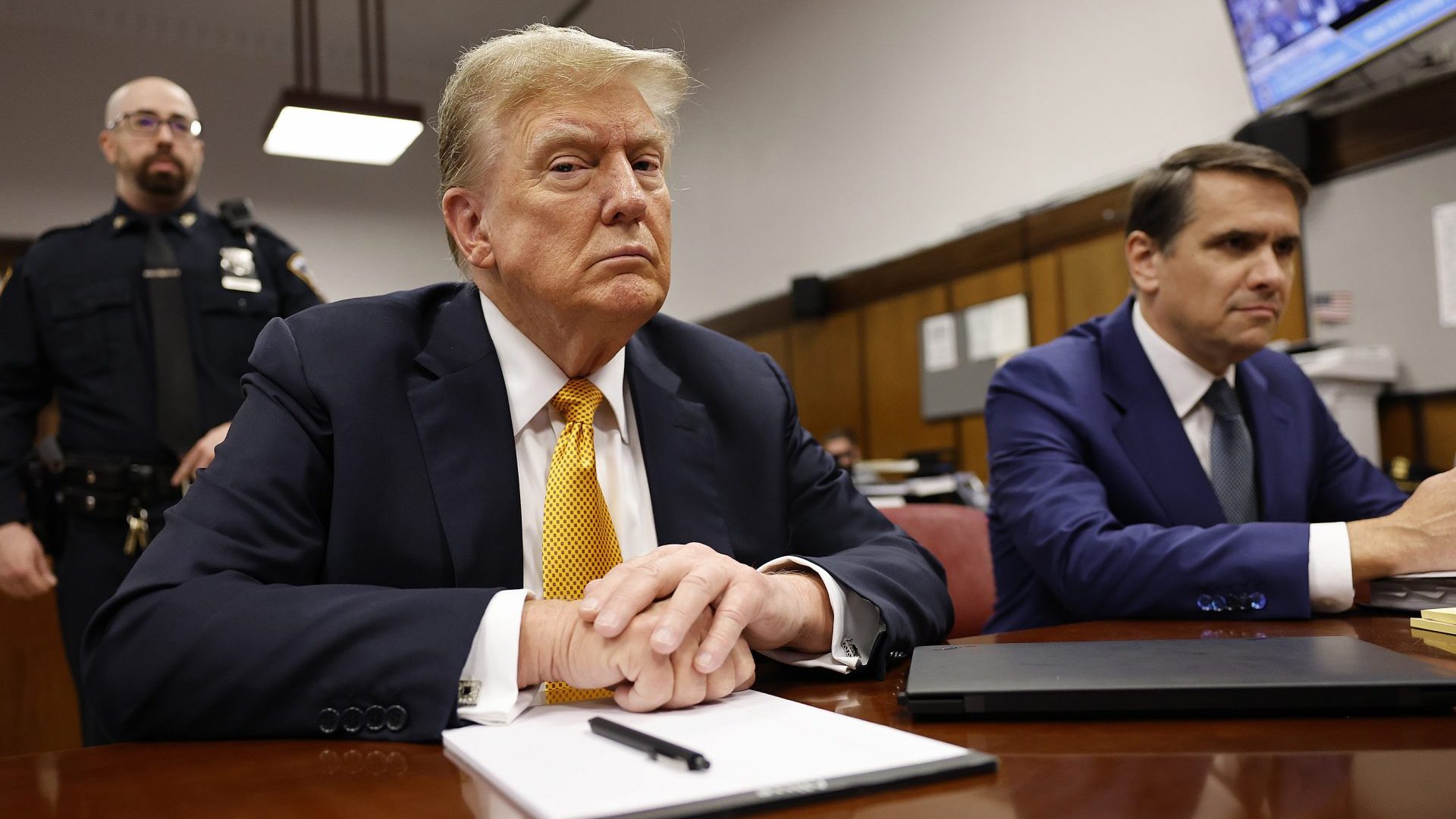Hard to believe though it may be, the UK must endure a few more weeks of waiting before the identity of the latest leader of the Conservative party is revealed. The seemingly interminable process has progressed only a little since Rishi Sunak resigned the post on July 5.
By now, the slate should have narrowed down to just four names: Robert Jenrick and James Cleverly seem set to join Kemi Badenoch along with either Tom Tugendhat or Mel Stride. None of them look remotely like the leader that the main opposition party, and certainly not the country, could require.
“Tory Culture – Right but Repulsive” was the analysis of some thoughtful conservatives back in 2002, who argued that the culture and image of the party had become so unappealing that it had lost any prospect of electoral victory. Conservatives for Change (C-Change) led by Francis Maude, argued that more diversity, including a higher proportion of women and ethnic minority candidates, was what was required to bring about culture change.
Yet by 2005, the Eton-educated David Cameron was leader of the party and, eventually, in 2010, the country. There were still some voices on the right, however, that felt the Conservative Party must modernise.
In 2013, the Bright Blue thinktank published “Tory Modernisation 2.0”, which advocated an emphasis on helping poorer families and providing high-quality public services. It wanted to see conservative economic ideas coupled with “liberal and progressive policies”. For a while, the Cameron administration looked as if it was responding positively to that analysis. The rout of the Conservatives at the last election, though, was eloquent testimony to the fact that, once again, the electorate does not trust the party.
So clearly it is once more time for another group of disheartened party bigwigs to come up with a blueprint for change. This time it is Michael Forsyth, Baron Forsyth of Drumlean, who has established a committee to opine on what must be done. Apparently, their analysis of the current state of their party is that it is “disorganised, divided and directionless”. Less loyal commentators might be tempted to add to the list of adjectives: disreputable, disgraceful, duplicitous, devious.
The remaining candidates for the role of leader do not look well placed to achieve much, if any progress in changing that reputation. Robert Jenrick, the current favourite, was perhaps best known for his time as a housing minister, when having sat next to Richard Desmond, a party donor, at dinner, he came to look favourably on a massive planning application. Luckily for Desmond, permission was granted just before a deadline that would have landed the developer, and former pornographer, with a £45m bill.
When the controversy became public, Jenrick accepted that his decision might not look good, although it was, of course, made entirely innocently, and he reversed it. For the leadership contest, he seems equally flexible in his thinking on immigration, the European Court of Human Rights and his political thinking generally.
That is certainly not the case with Kemi Badenoch. The former trade minister has always been happy to be seen as punchy, opinionated and impatient. A convinced Brexiteer, she had a tendency to exaggerate the importance of the trade deals she negotiated, decrying the rather more downbeat numbers emanating from her own department.
James Cleverly, having had just over a year as foreign secretary and seven months as home secretary, has emerged as a serious candidate for the ballot, which will go to the party’s members in November. His leadership campaign seems to be about persuading MPs that he can be the man to unite a disparate party, while persuading the members that he is as far right as they are. To this end he has made a commitment to resurrect the disastrous Rwanda policy.
This is ridiculous, since the Tories will not be in a position to determine any policy for a very long time, but also evidence of his appreciation of what is likely to appeal to the very small electorate he might face.
The betting is that, if she is one of the final two, Badenoch will be the next Conservative leader. But the chances are that, whichever one of these candidates eventually gets the job, it will be someone completely different who leads the party into the next election.




